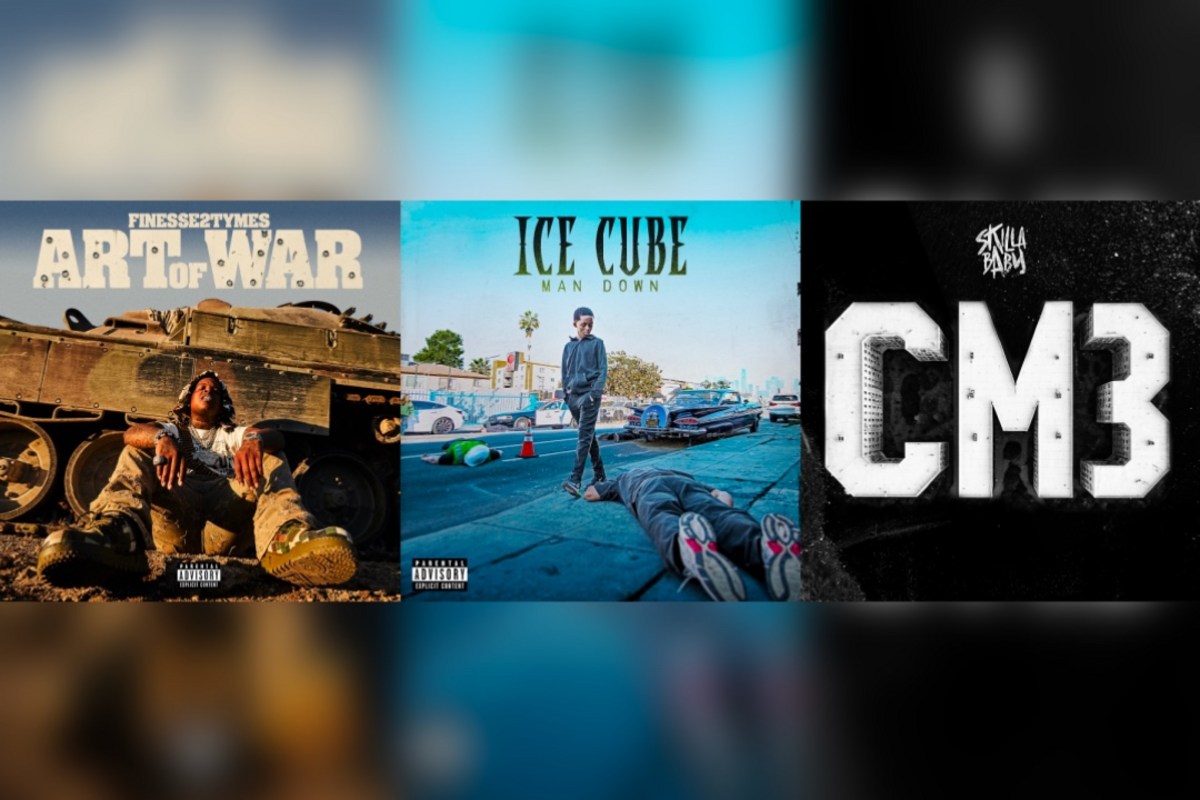When my mother died, I remember thinking, thank God I had talked to her about her own life because I think sometimes when a parent passes away, there can be a moment afterwards where you think, “Oh God, I wish I had known more. I wish I’d asked them about their childhood or the first job that they did or their past loves.” I was thinking the other day, “My God, how lucky I am,” because they’ll have this whole film library of what I look like from 17 and the way through. I’ve been pregnant when I’ve worked with my children. They’ll be able to see knowing that that’s them inside that pregnant belly, things like that. It’s kind of extraordinary.
You get asked a lot about Eternal Sunshine, to say nothing of Titanic or Mare. What are some projects you wish you got asked about more?
I would enjoy it if people asked me more about Revolutionary Road, actually. The thing that people say is, “You got to work with Leo again.” Then they go off on the whole Leo tangent, which I totally understand, but Revolutionary Road—fucking hell, it just knocked us all sideways. Unbelievably difficult material. I was very proud of that film and what Leo and I were able to create as Frank and April. It was so brutal. So I’m kind of surprised.
I guess the other one is maybe Iris. People don’t really ask me about Iris. It’s such a delicate film. It was the first thing I had done after having my daughter. Going to work with a baby, I’m playing Iris Murdoch, looking to Judi Dench’s older Iris Murdoch—I was shitting myself.
I’ve watched you speak about making Lee a bit, and I’ve seen you cry a few times while reflecting on it. How do you generally let go of projects? Is it difficult for you?
Certain experiences in life stay with you. Certain characters that you play stay with you. Lee is someone who will stay with me in ways that I can’t comprehend because she was so inspiring in how she lived her life, how she walked through the world, how she carried her physical self. She was without shame. I do find myself getting very moved when I talk about the film because it was such an authentic retelling of her story. We had her photographs and we were tasked with creating narratives around how she had come to capture every single one of those images. Lee never told anyone what had happened to her.
Sometimes it can be just a complete joy to let go and say, “Okay, we’re done.” I might want to do that but can’t do that, and that’s when it’s like, “Okay, how am I going to talk about the therapy scenes in Mare and not still be finding them emotional four and a half years later?” Because personally, I do. I don’t want it to sound indulgent or weird, but I sometimes do find it very hard to let go, which is probably why I don’t work more. I find I do have to have big breaks between things to sort of just come back to life and reboot. That’s just always been my way of managing it.
You’ve referred to those scenes in Mare, and the most emotional confession scene of Lee, where you’re sitting on the stairs with Andrea Riseborough, as some of the hardest days of shooting you’ve ever had.




















 English (US) ·
English (US) ·